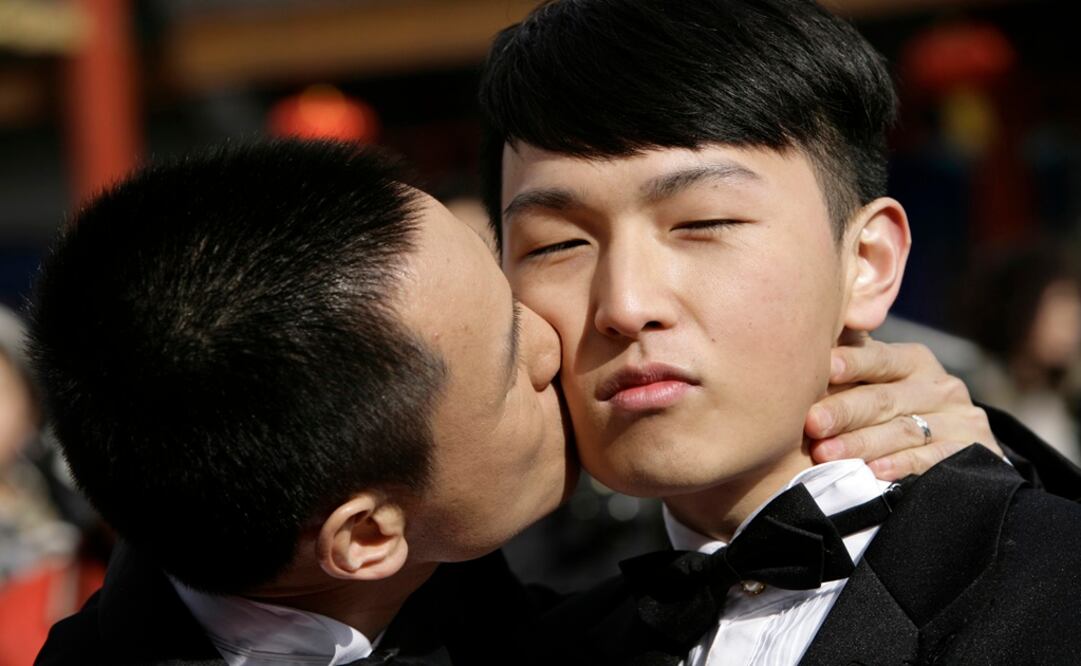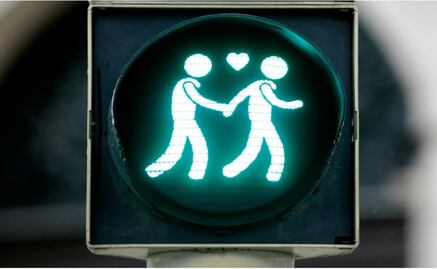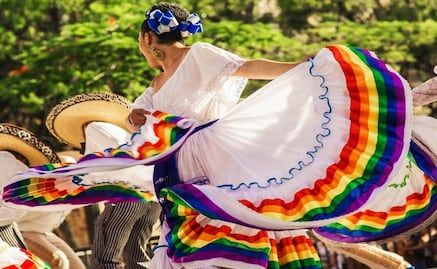Taiwan’s parliament legalized gay marriage
last week, reinforcing its reputation as a beacon of liberalism in Asia , but the move has divided the self-ruled island.
The bill, which offers same-sex couples similar legal protections for marriage to heterosexuals, will take effect on Friday.
The bill passed just days before a deadline set by a top court which ruled in 2017 that T aiwan must legalize same-sex marriage by May 24 —and it was not without controversy.
Two-thirds of voters in a November referendum voted to retain the definition of marriage as between a man and a woman under the current civil law.
Same-sex marriage in Taiwan will be allowed under a separate new law
—a move government said respected both the court ruling and the referendum results.
Even then, conservative and religious groups tried to stage a last-ditch attempt last week for a watered-down version of the bill which offered fewer protections but failed.
There will be limitations under the new law
, however.
It allows same-sex marriages only between Taiwanese , or with foreigners whose countries recognize same-sex marriage .
Same-sex couples will only be allowed to adopt children biologically related to at least one of them .
“It’s still a compromise version (of what we wanted) but it’s the closest to our ideal expectations,” said Jennifer Lu , the chief coordinator of the Marriage Equality Coalition Taiwan , an alliance that spearheads the gay unions' campaign.
A push for same-sex marriage has been slow elsewhere in Asia , where socially conservative attitudes still prevail.
Thailand has drafted a civil partnership bill that would legally recognize same-sex couples as civil partners, but LGBT+ activists said it does not grant marriage equality.
The same-sex marriage issue has become a political hot potato for Taiwanese President Tsai Ing-wen , who campaigned on a promise for marriage equality in the run-up to 2016 polls.
It had become divisive even within her ruling Democratic Progressive Party , which suffered a poll defeat last year that was blamed partly on Tsai’s reform agenda.
The new measure could also undermine her bid to seek a second term in elections next year.
The Coalition for the Happiness of Our Next Generation , which has campaigned against gay marriage , warned the public would “strike back” at the next general election in 2020.
“The will of some seven million people in the referendum has been trampled,” the group said in a statement.
sg
Noticias según tus intereses
[Publicidad]
[Publicidad]

















